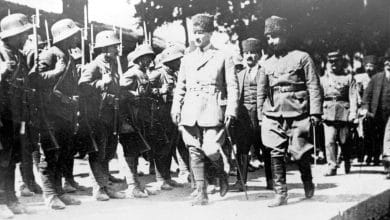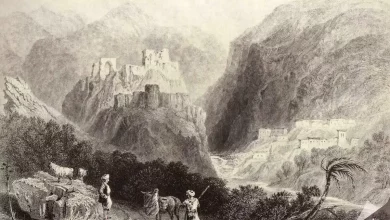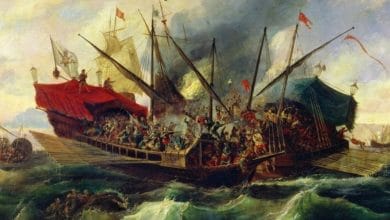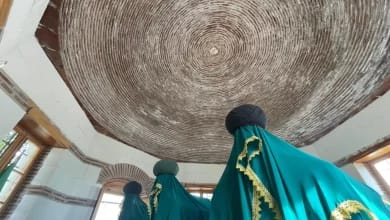How Muslim Scholars Transformed the World of Science and Inspired Future Generations
Exploring the Profound Impact of ʿUlamāʾ on Science and Knowledge Across Civilizations
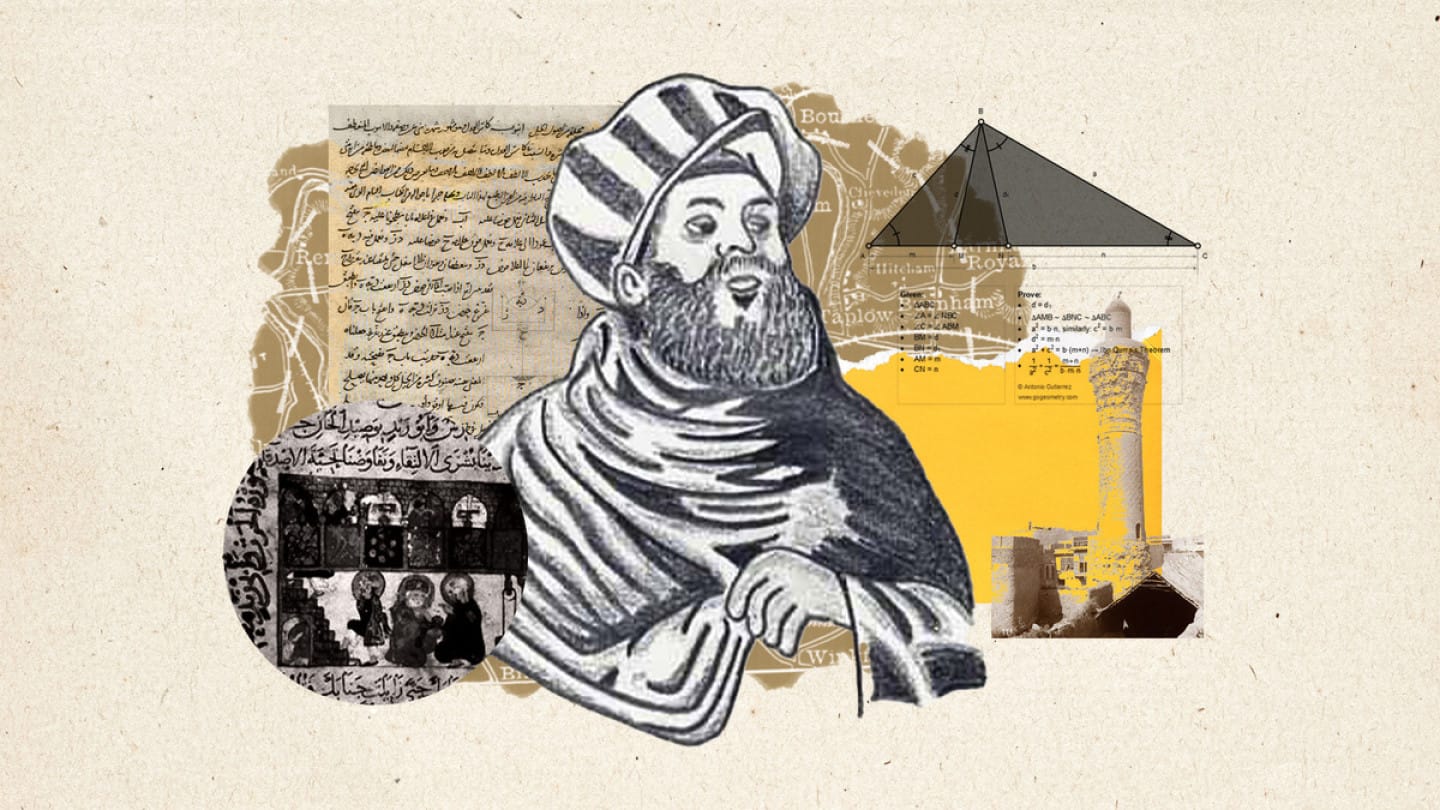
Unveiling the Legacy of Muslim Scientists: Contributions Beyond Time
Discover the untold contributions of Muslim scientists, known as ʿUlamāʾ, who transformed fields like medicine, mathematics, astronomy, and chemistry. From Al-Khwarizmi, the father of algebra, to Ibn Sina’s medical breakthroughs, these scholars built the foundations of modern science. Their innovations, documented in works like The Canon of Medicine and The Book of Optics, influenced both the Islamic world and the Renaissance, shaping the course of human knowledge.
Learn about the legacies of pioneers like Ibn al-Haytham and Jabir ibn Hayyan, whose discoveries in optics and chemistry paved the way for modern techniques. This article highlights the rich heritage of Muslim contributions to science and the timeless value of cross-cultural knowledge exchange.
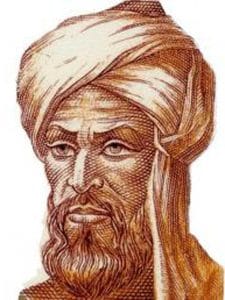
1. Al-Khwarizmi – The Father of Algebra
Muḥammad ibn Mūsā al-Khwārizmī (780–850 CE) pioneered the field of algebra. His work “Kitāb al-Mukhtaṣar fī ḥisāb al-jabr wa’l-muqābala” introduced algebra as a distinct mathematical discipline. His innovations in problem-solving methods influenced both medieval and Renaissance mathematics in Europe, and his name survives in the word “algorithm.”

2. Ibn Sina (Avicenna) – The Prince of Physicians
Abū ʿAlī al-Ḥusayn ibn ʿAbd Allāh ibn Sīnā (980–1037 CE), known as Avicenna in the West, made groundbreaking contributions to medicine. His encyclopedia, The Canon of Medicine, served as the standard medical text in Europe for centuries. It introduced systematic experimentation, clinical trials, and the concept of contagious diseases.
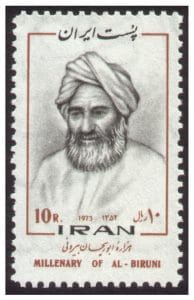
3. Al-Biruni – The Father of Indology
Al-Biruni (973–1050 CE) was a polymath whose work spanned astronomy, mathematics, and anthropology. His studies on India, titled “Kitāb al-Hind,” showcased his scientific rigor and respect for other cultures, blending observations with the cultural insights of Indian philosophy and Hindu mathematics.
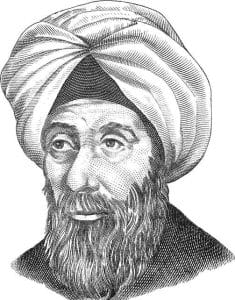
4. Ibn al-Haytham (Alhazen) – The Father of Optics
Ibn al-Haytham (965–1040 CE) revolutionized optics with his Book of Optics, where he accurately described the process of vision and refuted Greek theories of sight. His scientific method laid the foundation for modern physics, influencing Western scientists such as Kepler and Newton.

5. Jabir ibn Hayyan – The Father of Chemistry
Known in the West as Geber, Jābir ibn Ḥayyān (721–815 CE) is credited with founding experimental chemistry. His discoveries in distillation, crystallization, and the production of various acids paved the way for modern chemistry, particularly through methods still relevant in laboratory work today.
These ʿUlamāʾ are only a glimpse of the rich Islamic heritage of science and knowledge. The legacy of Muslim scientists, fueled by a deep commitment to learning and discovery, reminds us of the power of cross-cultural exchange and intellectual exploration.
Follow us for the most captivating Islamic historical stories and series, bringing the richness of Islamic heritage and history to life. Join us as we continue to uncover the remarkable achievements and legacies of Muslim scholars and scientists.
Rare Ottoman and Islamic artifacts to be auctioned in London

